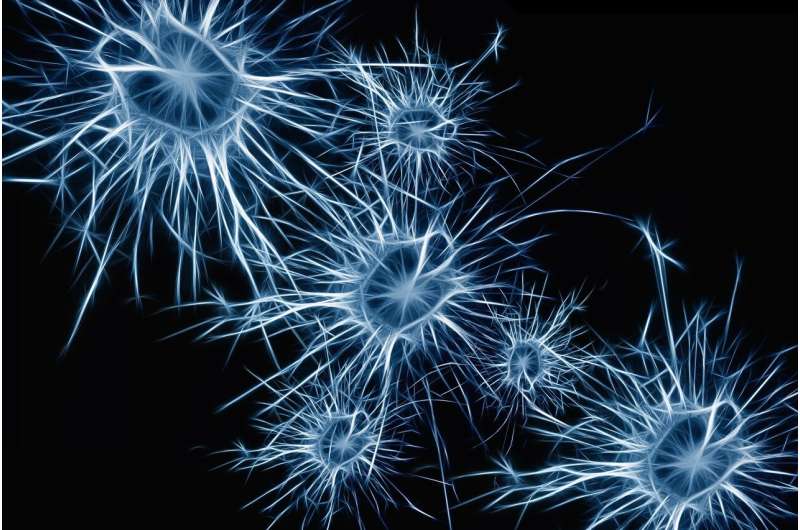New Research Indicates Multiple Sclerosis Could Start Decades Before Symptoms Appear

New research reveals that multiple sclerosis may begin developing over 15 years before the first noticeable neurological symptoms, opening possibilities for earlier diagnosis and intervention.
Recent research from the University of British Columbia suggests that the early warning signs of multiple sclerosis (MS) may surface more than 15 years before the diagnosis is traditionally made, challenging previous beliefs about the disease's onset timeline. The study, published in JAMA Network Open, analyzed health records of over 12,000 individuals in British Columbia and found a steady increase in healthcare service usage long before the classic neurological symptoms of MS become evident.
The findings reveal that patients with MS begin engaging with healthcare providers roughly 15 years prior to their first neurological diagnosis. This includes increased visits to general practitioners and other physicians for symptoms such as fatigue, pain, dizziness, and mental health issues like anxiety and depression. The trend intensifies over time, with notable increases in psychiatric visits around 12 years before onset, followed by a rise in neurologist and ophthalmologist visits approximately 8-9 years prior—likely linked to visual or eye-related problems. In the three to five years leading up to diagnosis, there is a noticeable spike in emergency and radiology visits, culminating in the peak of multiple doctor's visits just one year before diagnosis.
Lead researcher Dr. Helen Tremlett explained that these patterns indicate MS may have a prolonged prodromal phase—an invisible, preclinical period where subtle changes occur beneath the surface. Mental health issues, fatigue, and vague neurological complaints appear to be among the earliest signs, which are often mistaken for other conditions, making early detection difficult.
This research significantly refines our understanding of MS development, emphasizing that the disease's true initiation occurs long before the symptoms are apparent and diagnosed. Recognizing these early signs could open pathways for earlier interventions, potentially improving patient outcomes.
The study employed linked clinical and administrative data, tracing healthcare interactions over 25 years leading up to the official diagnosis. This comprehensive approach uncovers distinct patterns in healthcare engagement years before symptoms become clinically recognized, highlighting the importance of heightened awareness and further research into early biomarkers and triggers. While most people experiencing these early signs will not develop MS, identifying at-risk individuals could revolutionize diagnosis and management strategies in the future.
Stay Updated with Mia's Feed
Get the latest health & wellness insights delivered straight to your inbox.
Related Articles
Study Links Higher Cardiovascular Risks to Common Diabetes Medication Glipizide
A new study finds that the diabetes medication glipizide is linked to higher cardiovascular risks compared to DPP-4 inhibitors, highlighting the importance of personalized treatment decisions for type 2 diabetes patients.
New Protein Interaction Map Illuminates Breakdown of Brain Cell Communication in Alzheimer's Disease
A new comprehensive map of protein interactions reveals how communication breakdown in brain cells contributes to Alzheimer's disease, opening new paths for treatment strategies.
Study Links Physical Frailty to Increased Risk of Dementia
New research indicates that physical frailty significantly increases the risk of developing dementia, highlighting the importance of early detection and management of frailty to promote cognitive health.
New Research Links Tea and Dark Chocolate Consumption to Lower Blood Pressure
New research reveals that daily consumption of tea, dark chocolate, and flavan-3-ol-rich foods may help lower blood pressure and improve vascular health, offering a natural approach to cardiovascular wellness.



